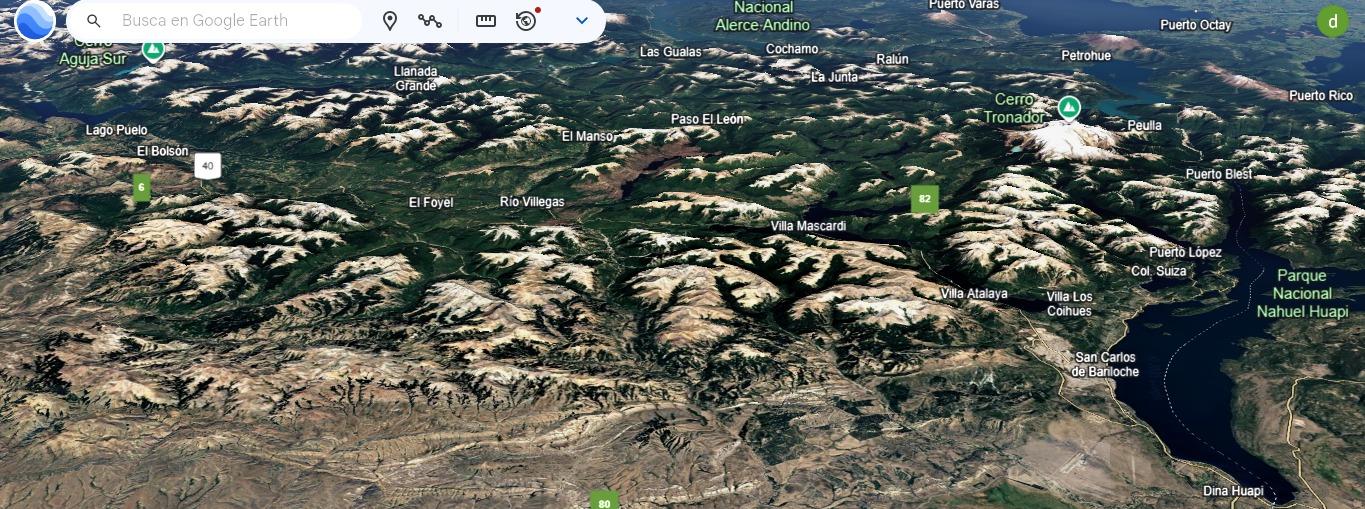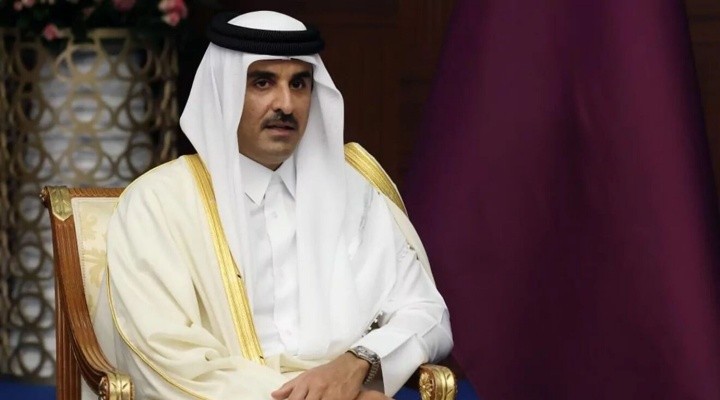En una reciente investigación, el diario Tiempo Argentino, en un artículo que lleva la firma del periodista Alejandro Pairone, el medio denuncia la creciente apropiación de tierras en la Patagonia argentina por parte de grupos extranjeros, especialmente de capitales qataríes, británicos y emiratíes. Estas operaciones no solo implican una violación de la soberanía nacional, sino también un proceso sistemático de subyugación del poder político local y nacional, que facilita el despojo de territorios clave para el país.
En total, cuatro grupos internacionales han tomado control de 110.000 hectáreas, un área equivalente a seis veces la Ciudad de Buenos Aires.
El tramo de la Ruta Nacional 40 que conecta Bariloche y El Bolsón se ha convertido en un símbolo de esta "extranjerización" asegura, donde grandes extensiones de tierras han sido convertidas en exclusivos paraísos turísticos para millonarios.

Los extranjeros, principalmente árabes y británicos, se han instalado en zonas con bosques nativos, ríos, glaciares y montañas, violando varias leyes nacionales, como la Ley de Tierras, que limita la adquisición de tierras por parte de extranjeros, y la Ley de Bosques Nativos, que protege áreas clave para la biodiversidad.
La complicidad política es un factor fundamental en esta problemática. Diversos funcionarios, como el gobernador rionegrino Alberto Weretilneck, han autorizado proyectos que benefician a estos grupos, como la construcción de hidroeléctricas en tierras compradas por el emir de Qatar, o la permisividad frente a la expansión de urbanizaciones de lujo que desplazan a comunidades originarias.

La financiación y respaldo de estos emprendimientos por parte de grupos como la Fundación Funafu, vinculada a Patricia Bullrich, y la creación de organizaciones que fingen ser "ambientalistas" o "legalistas", son claros ejemplos de la manipulación política que favorece la venta de tierras nacionales.
El origen de estas adquisiciones está marcado por maniobras fraudulentas, incluyendo la triangulación de fideicomisos y testaferros, que permiten a los inversores extranjeros ocultar su identidad y burlar las leyes nacionales.
En muchos casos, estas tierras, como las compradas por el grupo qatarí o el empresario emiratí Matar Suhail Al Ybhouni Aldhaheri, están localizadas en territorios que pertenecen a comunidades mapuches, quienes enfrentan procesos de despojo y criminalización.
Las fuerzas de choque contratadas por los nuevos propietarios, y la creciente militarización de la región, son una clara evidencia de la violación de derechos humanos en aras de preservar intereses privados.
En este contexto, la denuncia de Tiempo Argentino es un llamado urgente a la reflexión y acción frente a la pérdida de soberanía nacional en una región estratégica para Argentina. La complicidad de actores políticos locales y nacionales que permiten la entrega de tierras a actores extranjeros constituye una grave amenaza que debe ser detenida antes de que este modelo de despojo se expanda aún más en otras zonas del país. La lucha por la recuperación de estos territorios es, en definitiva, una lucha por la soberanía y la justicia social.






